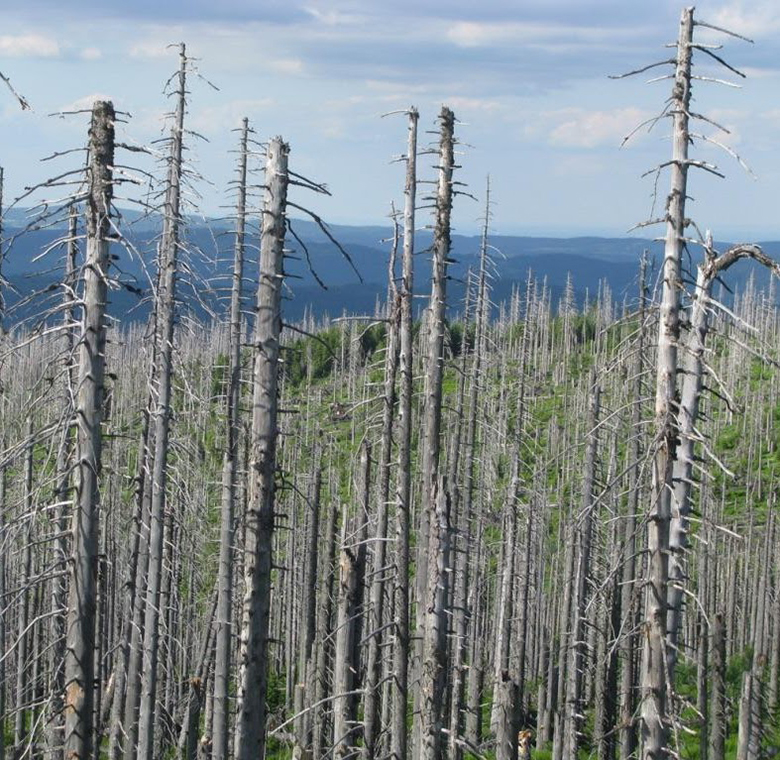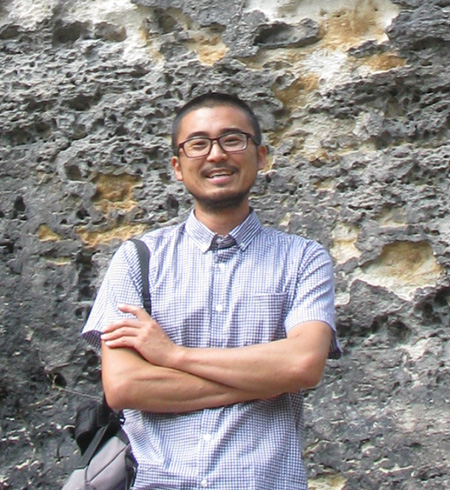| Name | FUKASAWA Yu |
|---|---|
| Position | Assistant professor |
| Tel | 0229-84-7397 |
| Fax | 0229-84-6490 |
| yu.fukasawa.d3*tohoku.ac.jp (Please replace * with @) | |
| Research Interest | Forest ecology, Microbial ecology, Biodiversity |
| Career | Education: Ph.D. (Agri.) Faculty of Agriculture, Kyoto Univ. (2008) Research Experience: Assis. Prof., Tohoku Univ. (2010―) |
| Research map | https://researchmap.jp/read0154923 |
| Research Projects | |
|
1. Effects of forest dieback on decomposition of dead wood Given that forest dieback due to emerging pests is increasing under global warming, understanding the relationships between pests, climate, and wood decomposition is an urgent priority. My team is investigating the effects of forest dieback on decomposer fungal community and decomposition of dead wood all over the world.  | |
|
2.Intelligence of fungi Even fungi do not have brain and central nervous system, they can make memory and decision in response to environmental conditions. Thus, fungi have a primitive type of intelligence. We make fungal mycelium grow within a petri dish with certain stimuli and investigate how they respond, transfer information, and change morphology and physiology in non-stimulated part of their mycelium.  | |
| Research Seeds | |
URL: https://esj-journals.onlinelibrary.wiley.com/doi/full/10.1111/1440-1703.12260 |
|
|
|




